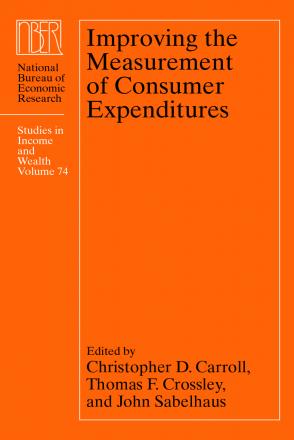Measuring the Accuracy of Survey Responses Using Administrative Register Data: Evidence from Denmark

We show how Danish administrative register data can be combined with survey data at the individual level and used to validate information collected in the survey. Two examples illustrate the potential of combining survey and register data. First, expenditure survey records with information about total expenditure are merged with income tax records with information about income and wealth, which is used to impute total expenditure, then compared to the survey measure. Results suggest the two measures match each other well on average. Second, we compare responses to a one‐shot recall question about total gross personal income collected in another survey with tax records. Tax records hold detailed information about different types of income, which makes it possible to test whether response errors are related to the reporting of particular types of income. Results show bias in the mean, that the survey error has substantial variance, and that the errors are correlated with conventional covariates, suggesting they are not classical. The latter example illustrates how Denmark can be used as a "laboratory" for future validation studies. Tax records with detailed information about different types of income are available for the entire Danish population and can be readily merged to survey data.
-
-
Copy CitationClaus Thustrup Kreiner, David Dreyer Lassen, and Søren Leth-Petersen, Improving the Measurement of Consumer Expenditures (University of Chicago Press, 2014), chap. 10, https://www.nber.org/books-and-chapters/improving-measurement-consumer-expenditures/measuring-accuracy-survey-responses-using-administrative-register-data-evidence-denmark.Download Citation


